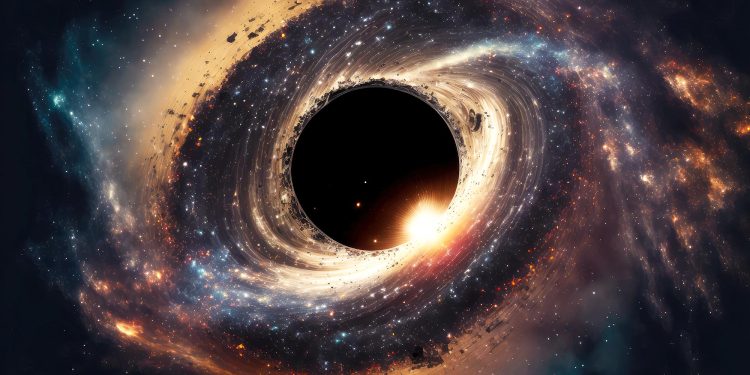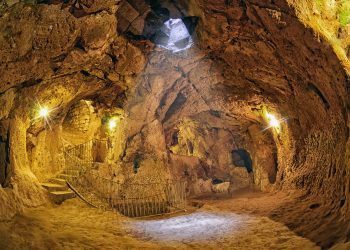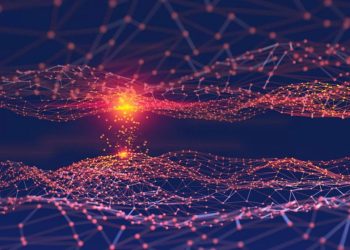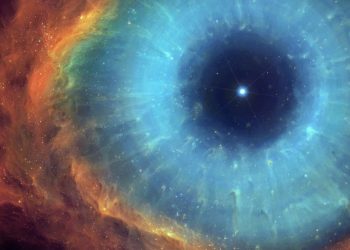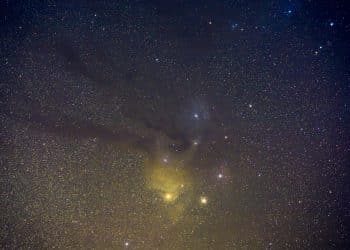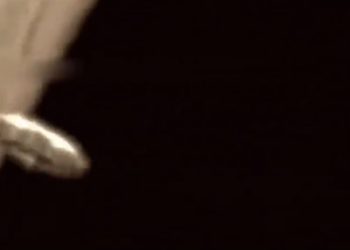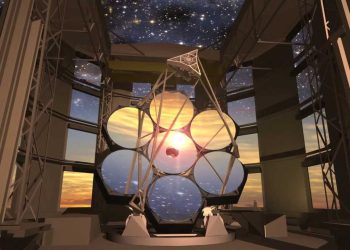Looking beyond the billions of stars that make up the Milky Way, could our solar system (and specifically Earth) be nestled inside something even more phenomenal, like a black hole? Black holes distort time and space with their colossal gravitational pull. Once inside, escape is impossible — even light remains trapped.
Gaurav Khanna, a black hole physicist at the University of Rhode Island, presents one scenario in which a black hole could have consumed Earth. However, the extreme gravity would have stretched Earth into spaghetti-like forms, ultimately incinerating it in the dense singularity.
Peering Into The Cosmic Depths
It’s safe to dismiss the possibility of Earth having been swallowed by a black hole in the past. The planet wouldn’t have survived such an event, Khanna argues. An alternative theory proposes that Earth may have formed within a black hole. According to Khanna, a black hole’s formation mirrors the Big Bang in reverse. One intriguing theory suggests that the Big Bang was originally a black hole’s singularity in a larger parent universe. As this center compressed, it eventually exploded, creating a new universe within the black hole, Khanna elaborates.
Schwarzschild cosmology argues that our expanding universe exists within a black hole from a parent universe. In this “universes within universes” concept, traversing a black hole could reveal unknown realms despite being likely impossible.
Is Earth Inside a Massive Black Hole?
Yet, proving this theory remains highly challenging. However, if Earth were indeed within a black hole, Scott Field, an associate professor of mathematics at the University of Massachusetts Dartmouth, suggests that this space abyss must be extremely vast. Scientists would observe signatures of spinning or distortions caused by extreme gravity in a planet-sized black hole or a solar system-sized one.
Oblivious Earthlings Inside a Parent Universe
Such effects would be noticeable as people moved within the black hole. If Earth were part of an enormous, universe-sized black hole, the gravitational distortions would be undetectable due to the vastness of our potential cosmic home.
Khanna says we would be completely unaware of the parent universe’s existence from within this black hole universe. Detecting our cosmic progenitor would be a daunting task, if not impossible.
Have something to add? Visit Curiosmos on Facebook. Join the discussion in our mobile Telegram group.



